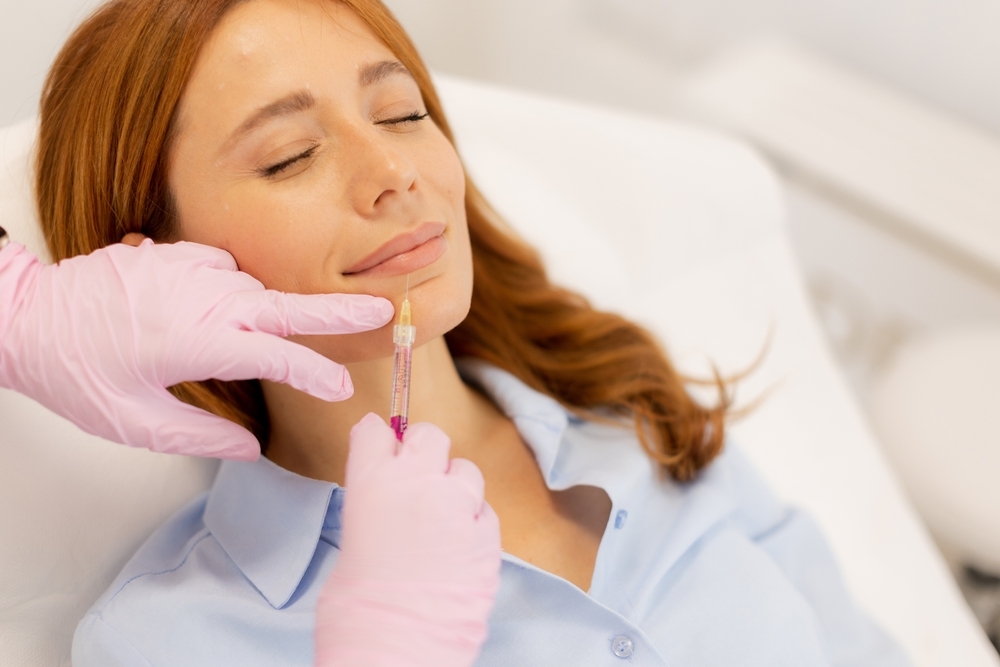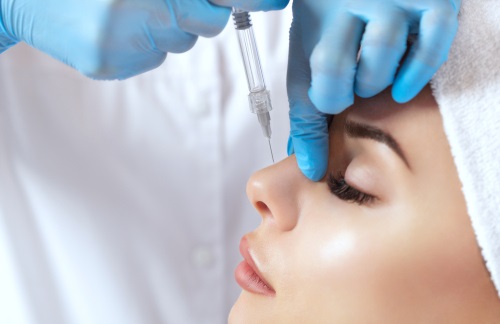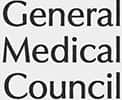The venesection was painless to say the least, thank you for using local anaesthetics; highly recommended
Lower testosterone levels generally affect men over 40 years old. However, decreased testosterone levels can occur at any age due to the onset of early male hypogonadism. This is most often due to testes or pituitary gland issues. It is sometimes referred to as male menopause and can be helped with a non-invasive treatment called transdermal testosterone — a gel or testosterone patch — or with TRT injections.
What is Transdermal Testosterone Replacement Therapy?
As men age, the body’s natural testosterone levels gradually decline. While some men may not notice significant changes, others can experience severe symptoms that impact both physical and mental health. At Harley Street MD, we understand this can be a sensitive topic and offer effective treatment options.
One method is transdermal testosterone therapy. This method delivers testosterone through the skin using a patch or gel, allowing for consistent absorption directly into the bloodstream. This approach mimics the body’s natural hormone fluctuations and helps maintain stable testosterone levels without the peaks and troughs associated with other methods like injections. Transdermal therapy is easy to use and offers the flexibility of daily application, which can be adjusted as needed based on the patient’s response.
Treatment with transdermal testosterone ensures the proper absorption of a specific dose of the drug is attained by applying a testosterone patch to the skin. Patients getting TRT should carefully monitor their treatment reactions and adverse effects, and their serum testosterone levels should be tested two to three months after using patches. Transdermal testosterone is one of those methods, which supplies testosterone through the skin via a patch or gel.
Do I Need Testosterone Replacement Therapy (TRT)?
Choosing to undergo Testosterone Replacement Therapy (TRT) is a personal decision and can be an effective way to address symptoms of low testosterone that impact your physical or mental health. If you suspect low testosterone levels, you can request a test from your GP to confirm.
Common symptoms of low testosterone include:
- Loss of libido: A reduced sex drive that may develop gradually or suddenly and is often linked to other symptoms.
- Fatigue: Persistent low energy or lack of motivation for physical activities.
- Erectile dysfunction: Difficulty achieving or maintaining an erection.
- Mood disorders: Issues such as low mood, depression, anxiety, or sudden, unexplained mood changes.
- Reduced cognitive function: Difficulty focusing, decision-making challenges, or overall mental sharpness, sometimes linked to sleep problems.
Additional physical symptoms may include a range of changes to your body’s function and structure. Low testosterone can lead to a variety of physical changes, some of which may have a significant impact on your day-to-day life.
- Testicular atrophy: Shrinkage of one or both testicles, leading to decreased function.
- Disturbed sleep: Trouble falling asleep, frequent waking during the night, or waking up early without being able to fall back asleep.
- Reduced muscle mass: Difficulty maintaining or building muscle, making strength training more challenging.
- Hair loss: Thinning or hair loss, occurring gradually or suddenly.
- Lower bone density: Decreased bone density can lead to osteoporosis and fractures, often accompanied by joint pain or stiffness.
- Metabolic syndrome: A combination of risk factors, such as high blood pressure, insulin resistance, and abnormal cholesterol levels, which can increase the risk of heart disease and stroke.
TRT can help alleviate these symptoms, but careful monitoring and consultation with a medical professional are important to ensure the best treatment plan for your needs.
Arrange a full screening with blood tests at Harley Street MD, to see if you need TRT. Starting with consultation and blood tests, we can better prescribe the correct medication and help you throughout treatment.
Book a Consultation
Why Is Transdermal Testosterone Prescribed?
Whether you and your doctor choose to use a testosterone transdermal patch, gel, oral prescription, or injection, TRT is prescribed to address a condition known as hypogonadism. This condition, caused by low testosterone, can occur at any age. Not every man with low testosterone will be diagnosed with hypothyroidism, and accessing tests or TRT via the NHS can sometimes be challenging.
At Harley Street MD, we offer private testosterone testing with the option of starting TRT. Your journey begins with a one-hour consultation with a male doctor, where you’ll discuss the signs of low testosterone. Afterwards, you’ll have a 30-minute follow-up appointment to review your blood and urine analysis.
Your comprehensive blood tests will include the following:
- Full hormone profile: LH, FSH, testosterone, oestradiol, SHBG, prolactin, and free androgen index
- Cortisol levels
- DHEA-S
- Anaemia
- Leukaemia
- Liver function
- Bone metabolism
- Diabetes
- Full cholesterol profiles
- Vitamin D levels
- Thyroid function (free T3, free T4, and TSH)
- Prostate profile blood test (prostate cancer screening). Advanced screening (total and free PSA) will be conducted if elevated.
In addition, we will monitor your vital signs, including blood pressure, heart rate, oxygen saturation, weight, height, BMI, and body fat percentage. A physical examination will also be performed, covering the prostate and testicles.
Book a Consultation
Transdermal Testosterone Patch vs Transdermal Testosterone Gel
Transdermal testosterone replacement therapy (TRT) is available in the form of a patch or gel, both of which are applied to the skin. Some men prefer using a patch, while others feel more in control with the gel. Both options are available, and during your follow-up consultation, we will discuss the benefits and potential drawbacks of each to help you make the best choice for your needs.
While these forms of TRT are effective, they can occasionally cause skin reactions. If this happens, we can explore alternative options, such as oral testosterone or testosterone injections. The first step is to schedule a consultation, where we will conduct thorough tests to assess your overall health before recommending the most suitable hormone replacement therapy.
Currently, there are four major brands of transdermal testosterone available in the UK:
- Testim Gel (in a tube)
- Applied once a day
- Delivers between 50mg to 100mg of testosterone daily
- Testogel Gel (in a sachet)
- Applied once a day
- Delivers between 25mg to 100mg of testosterone daily
- Tostran Gel (multidose dispenser)
- Applied once a day
- Delivers between 60mg to 80mg of testosterone daily
- Androderm Patch
- Replaced every 24 hours
Each option provides flexibility in treatment, allowing us to tailor a solution that suits your preferences and lifestyle.
Testosterone Replacement Therapy (TRT) Side Effects
We will design a carefully planned TRT treatment to minimise any potential side effects. However, some men may experience mild side effects, including:
- Irritability
- Acne
- Weight gain
- Headaches
These side effects are usually temporary and may be managed with adjustments to your treatment plan. During your follow-up consultations, we’ll monitor your progress and make any necessary changes to ensure the best results with minimal discomfort.
Previously, testosterone replacement therapy (TRT) was connected to cardiovascular issues. Still, a study published in June 2023 by The New England Journal of Medicine, as well as a study from 2022 published in The Lancet Healthy Longevity and noted by Imperial College, stresses TRT does not increase the risk for heart attacks or strokes in short to medium terms when treating low testosterone.






















